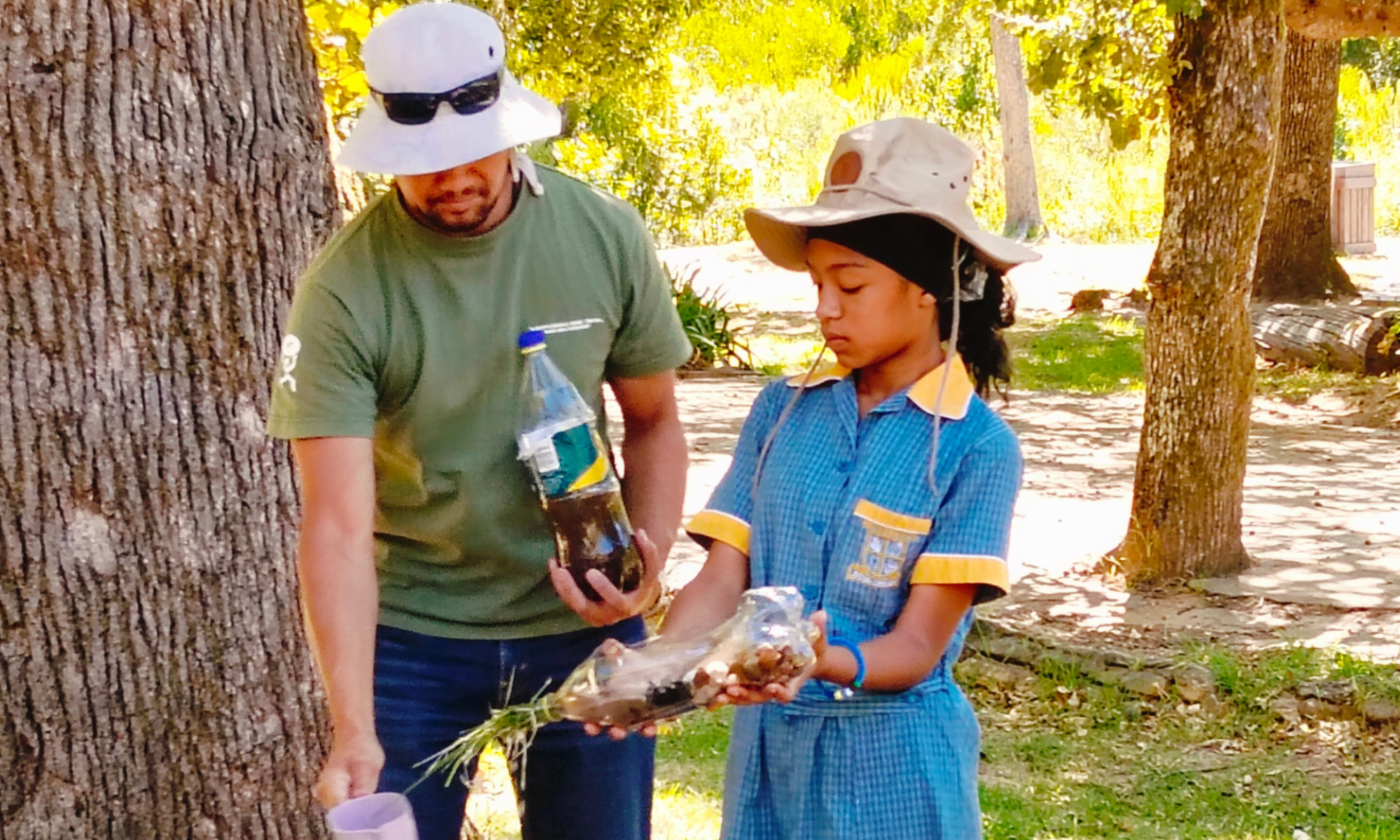
CapeNature's vision - Protecting biodiversity for a sustainable future
Biodiversity forms the bedrock of life on Earth. It is essential not only for sustaining healthy ecosystems but also for ensuring human wellbeing. Last week, on 22 May, we celebrated International Day for Biological Diversity, to raise awareness, educate, and build understanding around biodiversity issues, while inspiring collective effort to conserve it for future generations.
This year’s theme, “Harmony with Nature and Sustainable Development”, connects the United Nations Sustainable Development Goals (SDGs) with the Kunming-Montreal Global Biodiversity Framework. This framework sets out ambitious goals and targets to halt and reverse biodiversity loss by 2030 and ensure sustainable, resilient ecosystems by 2050.
Biodiversity provides the necessary ecosystem services, which include clean air and water, fertile soil, pollination of crops, regulation of the climate, as well as opportunities for recreation, tourism and cultural identity. However, biodiversity loss remains a reality - one that also offers an opportunity for bold and innovative action at small, individual scales and at large community and corporate scales.
The Western Cape is globally recognised for its rich natural heritage, forming part of the Cape Floristic Region, one of only six floral kingdoms in the world. It is home to over 10,000 plant species, 68% of which are not found anywhere else in the world. However, this biodiversity hotspot faces growing threats, including habitat loss, climate change, wildfires, invasive species, and the illegal collection and trade of plants and animals.
In response to these challenges, Dr Naidoo said CapeNature has expanded the Provincial conservation estate by over 100 000 hectares in the past five years, with over 45 000 hectares between 2023 and 2024 alone, through a combination of formal Protected Area declarations and biodiversity stewardship agreements with landowners.
This has brought the total area under CapeNature’s management to more than 1.1 million hectares, representing approximately 13% of the Province’s land area. These efforts are an important contribution towards South Africa’s international commitment to protect 30% of its terrestrial and marine areas by 2030.
CapeNature is committed to restoring critical catchment areas that provide essential ecosystem services to downstream communities by removing invasive alien plants through strong partnerships, particularly with the Expanded Public Works Programme (EPWP), which also supports rural job creation and skills development. Initiatives such as the Greater Cape Town Water Fund, Eden to Addo Project, and HeliHack—whose efforts contributed to the rediscovery of the Boosmansbos long-tailed forest shrew after 46 years—demonstrate the impact of collaborative action. Invasive species control across Protected Areas and stewardship sites continues to safeguard endemic biodiversity while empowering communities through meaningful, community-based conservation work.
Scientific research and biodiversity monitoring are central to CapeNature’s conservation strategy. Long-term ecological monitoring tracks species trends, habitat health, and fire responses, guiding adaptive management and informing national biodiversity reports. To fight the growing threat of wildlife crime, CapeNature works closely with the South African Police Service, environmental crime units, and border control. These partnerships have resulted in over 180 biodiversity-related offences being investigated between 2022 and 2024, helping protect species such as rare Clivias, succulents, and reptiles.
Recognising the crucial role of people and future generations in conservation, CapeNature continues to invest in environmental awareness and youth development. In 2024 alone, hundreds of learners participated in school-based programmes that foster a culture of biodiversity stewardship and strengthen community connections to nature.
The conservation of our natural heritage cannot be achieved by one entity alone—it requires collective action. CapeNature calls on all sectors—government, NGOs, landowners, businesses, researchers, and citizens—to work together to protect the Western Cape’s irreplaceable biodiversity and promote a future of living in harmony with Nature.




